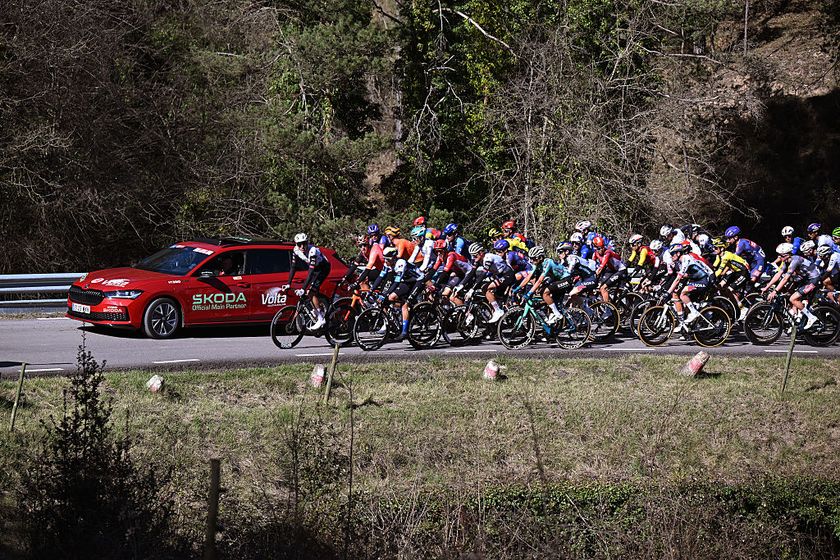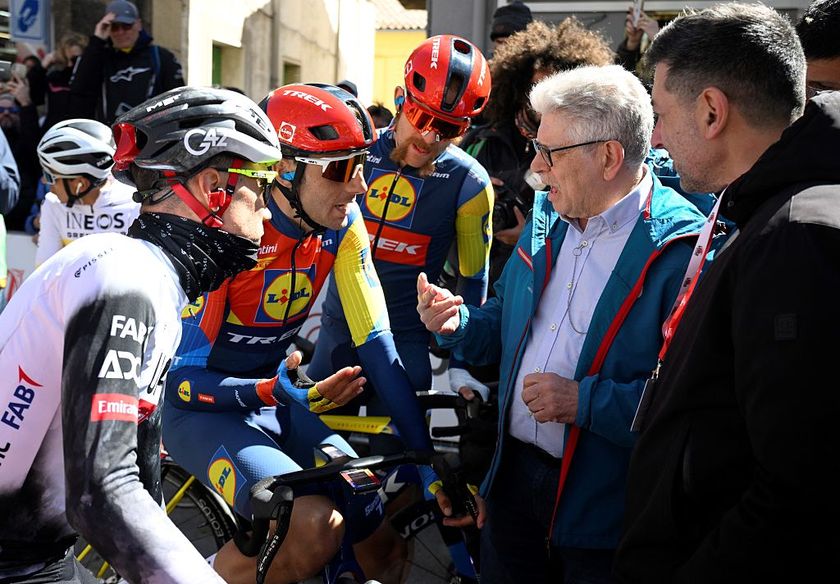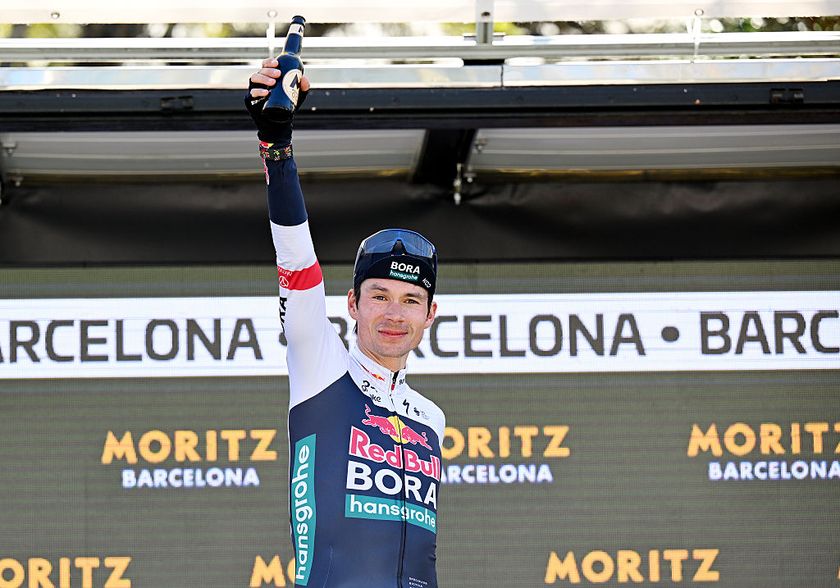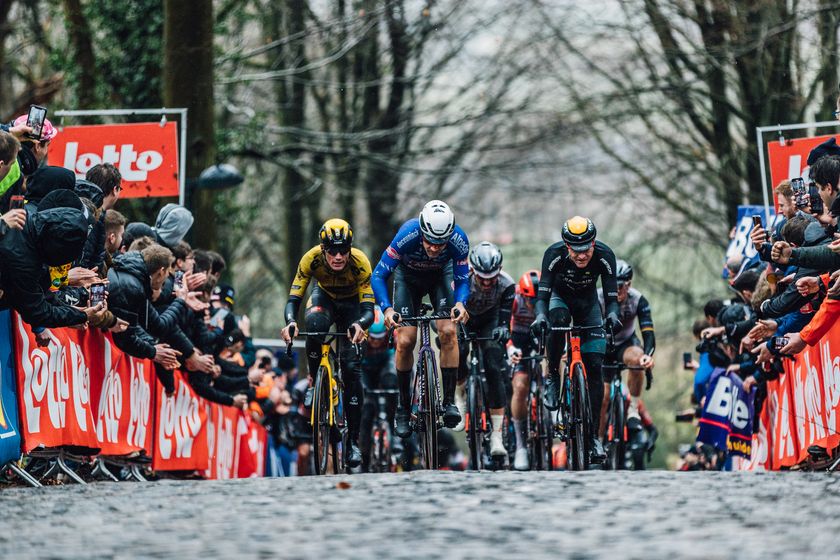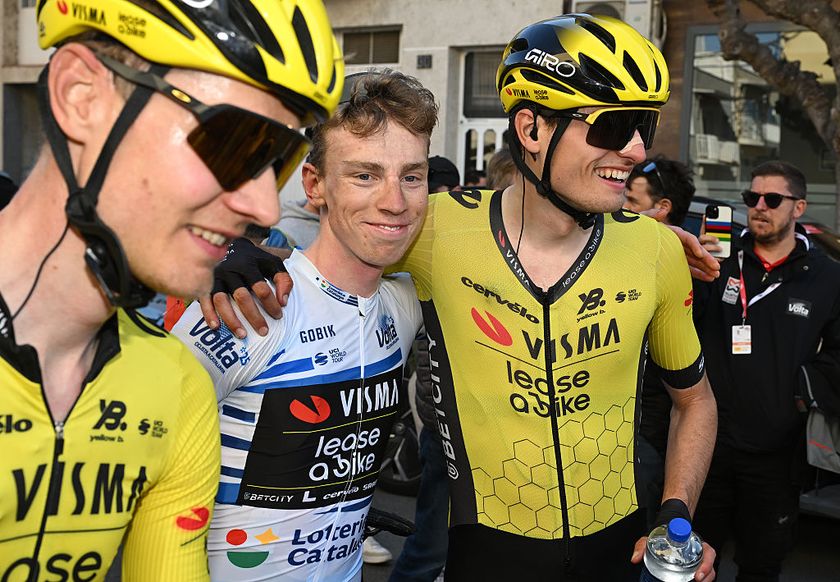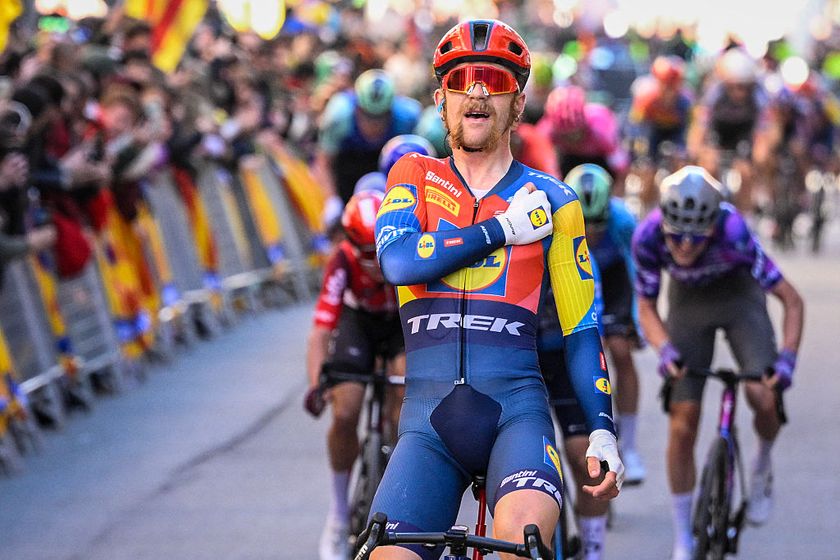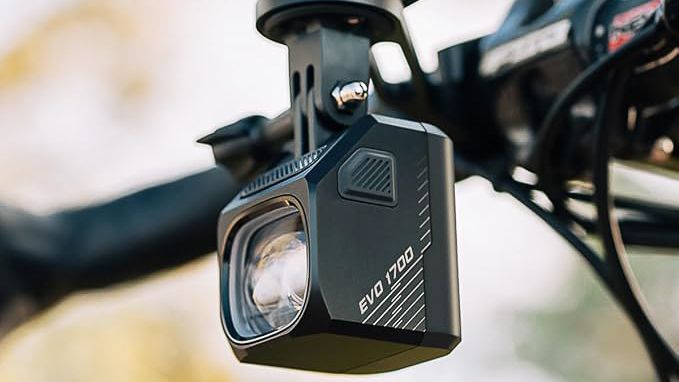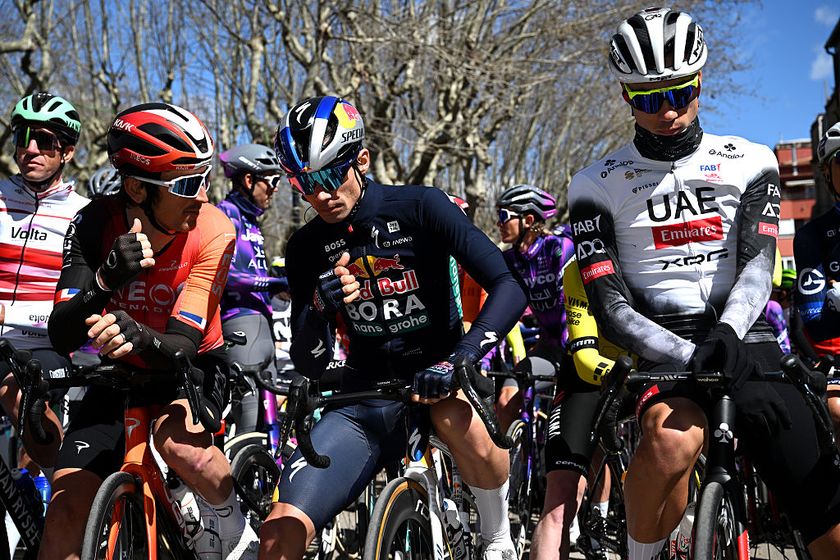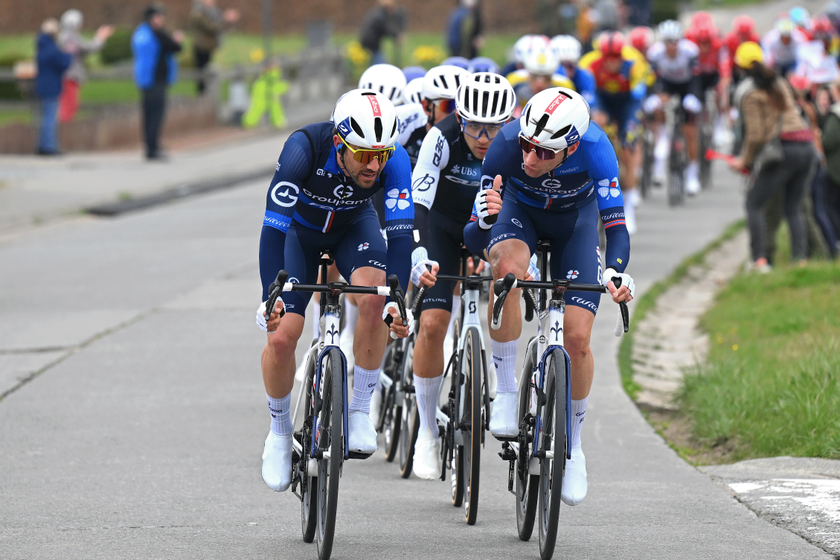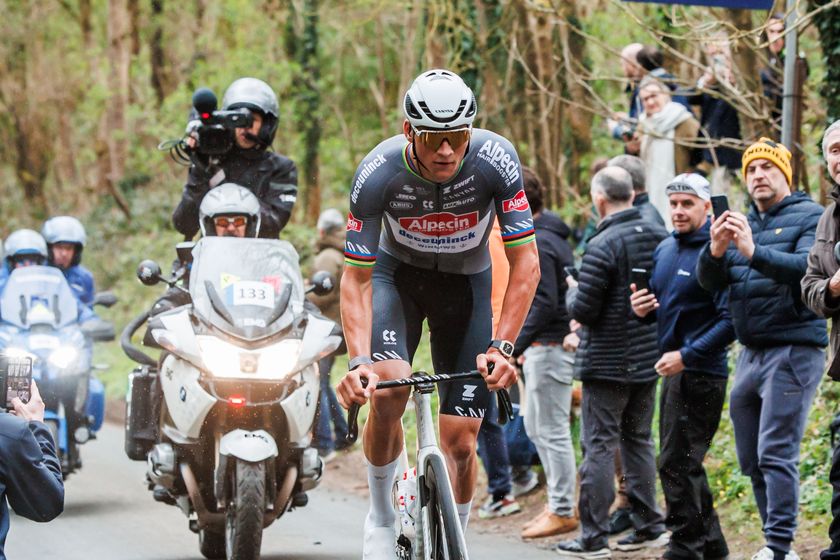Rodríguez drops Contador on Vuelta stage 12
Race leader claims sixth Vuelta stage of career and eighth win of season



With his second stage win of the 2012 Vuelta, Joaquim Rodriguez (Katusha) has re-opened, at least partly, his overall advantage and remains in the lead for a ninth straight day.
Rodriguez was a leader of the Vuelta for two days back in 2003, when he won a mountainous stage to Pla de Beret ski station in the Pyrenees, and since then all of his victories - Peña Cabarga in 2010, Valdepeñas de Jaén and San Lorenzo de Escorial in 2011 and the Fuerte del Rapitan and Mirador del Ezaro in 2012 - have been in steep, short uphill finishes.
Asked how far can he go as leader, with three big mountain stages just around the corner this weekend, he said: “Well, hopefully as far as Madrid but we’ll have to see. I’ve improved a lot in the high mountains, I could see that in the Giro, maybe not to win but to finish in the top three or four of each stage. If that's cracking in somebody's book, it's not in mine."
As for those three summit finishes coming up, Rodriguez says they will clarify the race's hierarchy. “So far the four top riders been very equal, but with what’s coming up I think it’s practically impossible that we will continue to be in the same finely balanced situation by the time we reach the second rest day. [next Tuesday]. Somebody will have disappeared.”
The big question is, who? Rodriguez refuses to rule out any of the top rivals, even if Chris Froome (Sky) appears to be fading slightly and Alejandro Valverde (Movistar) is over a minute back.
“You can’t discount anybody. Not yet. So far we’ve just had one big climb in most on the stages. From Saturday onwards it’s a different ball game, real high mountain stages. And in those stages you can be good one day, suffer the next. The key will be consistency, as ever in a big Tour.”
“So far the time bonuses have been a big factor, but with what’s coming up in the mountains - Ancares [stage 14], Lagos [de Covadonga, stage 15] - I don’t think they’ll have so much effect.”
Get The Leadout Newsletter
The latest race content, interviews, features, reviews and expert buying guides, direct to your inbox!
As for the Mirador de Ezaro, Rodriguez says it was “far harder than I’d been led to believe, but it’s very difficult to do a ‘ranking’ of short, steep climbs. I’d say the Montelupone [used in Tirreno-Adriatico, and where Rodriguez has won in 2008 and 2009] is more difficult in its last 100 metres. I’ve often felt I was going to crack there and seen others crack.”
“But this comes after a really tough time trial and a week of Grand Tour racing, so your sensations are different. It's hard to say.”
As for the stage itself, Rodríguez said it was “very very fast. If we go on at this speed we’ll end up racing the third week on crutches. It took over 85 kilometres for the break to form, then the course was undulating and it was windy.”
“We’d almost thrown in the towel and given up chasing the breakaway, but just as we did, Movistar came to the front to help us, it was like they’d heard us.”
“But my team did a great job, and I want to thank each and every one of them for that.”
On the climb, “I didn’t really have the strength to think what was going on, except to tell myself that Alberto [Contador-Saxo Bank] was going a lot better than I expected on th esteep bits and I’d have to watch out for him. Fortunately I could attack him just far enough from the finish to open a gap. But it was close.
Alasdair Fotheringham has been reporting on cycling since 1991. He has covered every Tour de France since 1992 bar one, as well as numerous other bike races of all shapes and sizes, ranging from the Olympic Games in 2008 to the now sadly defunct Subida a Urkiola hill climb in Spain. As well as working for Cyclingnews, he has also written for The Independent, The Guardian, ProCycling, The Express and Reuters.
